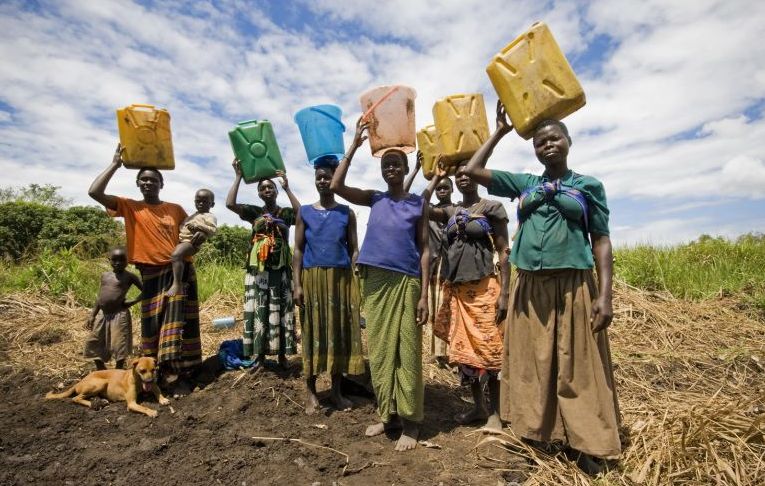A new report of the research done by the Economic Policy Research Centre (EPRC), Uganda Women’s Network (UWONET) and Makerere University School of Gender and Women Studies, say there is need to balance the unpaid care work between men and women in the country.
Dubbed “Gender Roles and the Care Economy in Ugandan Households, the case of Kaabong, Kabale and Kampala Districts”, the report highlights how unpaid care and domestic work is distributed in Uganda’s households.
It warns that if care work is not distributed properly across women and men within and outside the household, heavy care work can negatively affect employment and earnings, leisure time, participation in development initiatives, sleep among others for women and girls.
The report defines unpaid care and domestic work (UCDW) as work done in services of others entirely by women and girls, motivated by reasons other than financial compensation. “Women income earnings are still low averaging Shs50, 000-200,000 per month,” it notes. But Specific policies designed to reduce women’s UCDW are non-existent in Uganda.
The report says that unpaid care work is primarily carried out by women and girls and states that more men than women spend most of their time in atypical 24-hour day on paid work (24 per cent for men compared to 13.8 per cent for women)
According to the report majority of the women said they would spend the time doing more income generating work in case of less care work (Kampala 61.6 per cent) Kaabong 46.6 per cent and Kabale 34 per cent.
The report also cites acceptability of violence against women for perceived care failings for example failing to care well for the children. This is higher in Kaboong than in other districts.
The report calls on government to adopt “triple R” approach of Recognizing care at policy, community and household levels, Reducing difficult care work through labour saving technology, and Redistributing the care work costs and responsibilities from men to women.
Since childcare is considered the most problematic care activities, the report also advises that women and men decide on the number of children to have given that fewer children reduce care workload.
According United Nations Development Programme (UNDP), one of the significant structural barriers to women’s economic empowerment is women’s disproportionate burden of unpaid work at home that restricts women from taking up paid jobs, undertaking advanced education and skills training, and most importantly participation in public life.




